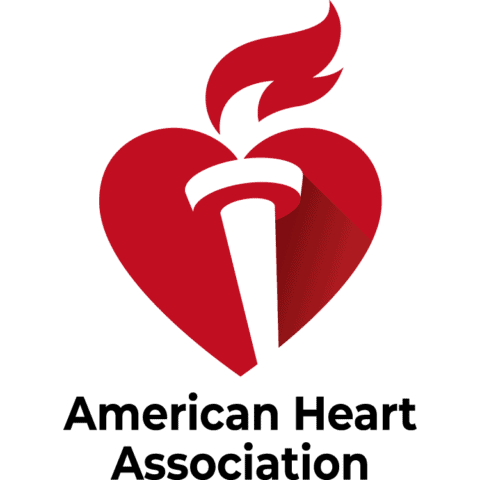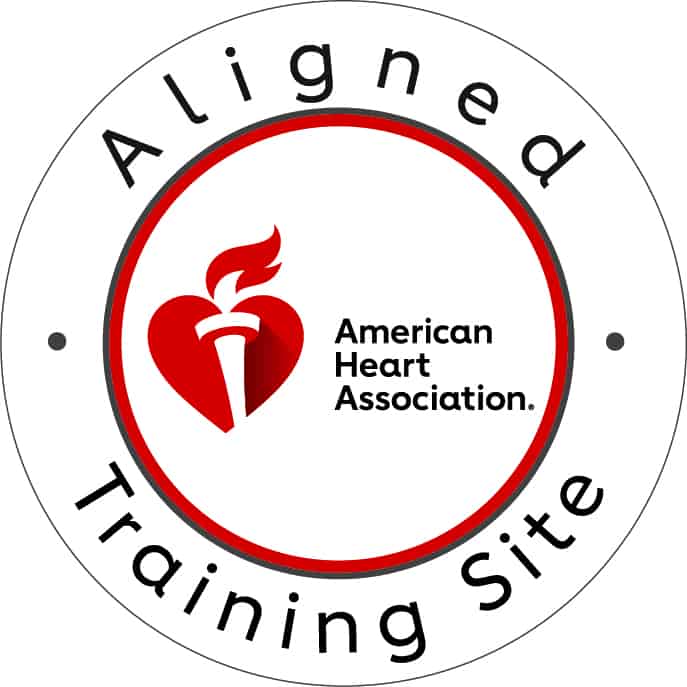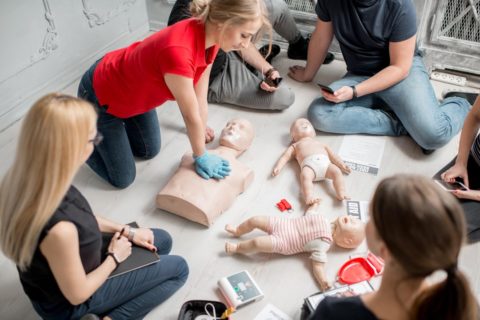In this class you will learn how to quickly diagnose underlying causes in pediatric patients, treat the symptoms, and closely monitor the patient.
Ill or injured children/infants often hide or compensate for symptoms that could quickly become life-threatening. To prevent decline of these pediatric patients, providers must be able to quickly diagnose the underlying cause, treat the symptoms, and closely monitor the patient. In the AHA’s advanced pediatric course, students learn how to use a systematic approach to quickly assess, identify the underlying cause, and treat pediatric patients in emergency situations. Students interact with real pediatric patient cases, realistic simulations, and animations to assess and treat these pediatric patients.
This includes applying basic life support, following PALS treatment algorithms, and practicing effective resuscitation skills and team dynamics. Through a combination of cognitive learning and psychomotor skills practice, the PALS Course improves students’ confidence and skill levels for delivering effective emergency pediatric care.
WHO SHOULD TAKE THE COURSE?
Healthcare providers who either direct or participate in the management of respiratory and/or cardiovascular emergencies and cardiopulmonary arrest in pediatric patients. This includes personnel in emergency response, emergency medicine, intensive care and critical care units such as physicians, physician assistants, nurses, nurse practitioners, respiratory therapists, pharmacists and paramedics.
THIS COURSE COVERS:
- The systematic approach to assess and treat a seriously ill or injured infant/child
- Recognition and management of cardiac arrest
- Basic child and infant life support skills
- Effective resuscitation team dynamics
- Recognition and management of respiratory distress and failure, including airway management
- Recognition and management of shock, including vascular access
- Recognition and management of arrhythmias, including electrical therapy
- Post-cardiac arrest care
COURSE DELIVERY:
PALS can be delivered in 2 formats to meet the needs of students and offer flexibility for healthcare organizations and Instructors. All formats include the same learning objectives and result in the same course completion card.
- Instructor-led Training Conducted in the classroom and supported with video and presentation technology, Instructors deliver courses designed to include both the cognitive portion of training and the psychomotor component of thorough skills practice and testing.
- Blended Learning Includes a combination of eLearning, in which a student completes part of the course in a self-directed manner, and a hands-on session with an AHA PALS Instructor or Voice-Assisted Manikin.


